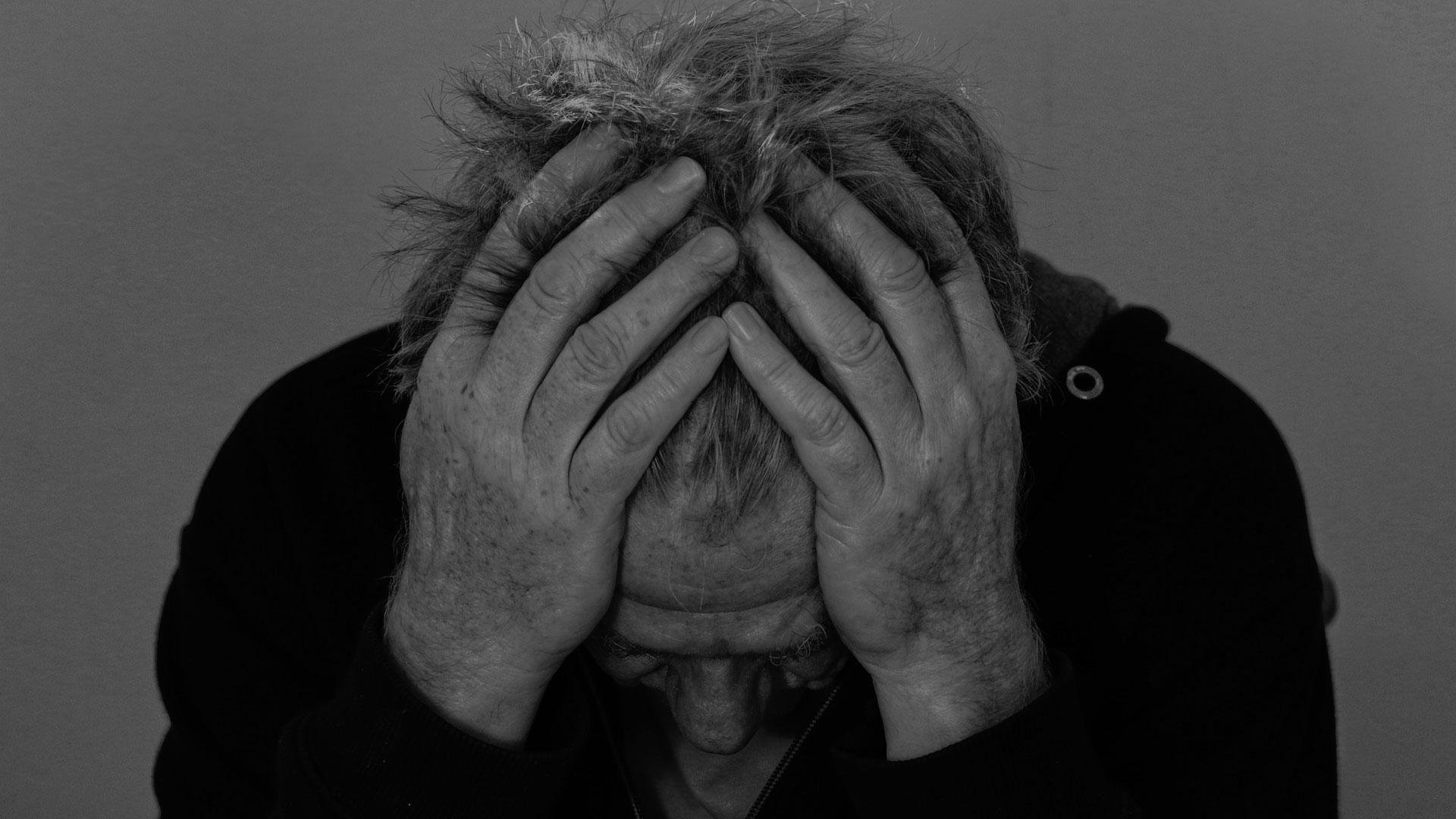03 Apr Learn About PAWS
Table of Content
Why is Withdrawal so Painful?
Withdrawal is the term for the physical and psychological effects or symptoms that occur when you stop abusing drugs and alcohol. These symptoms occur because when you have been drinking or using drugs for a while your body and mind become altered. This may sound odd but even though drugs and alcohol abuse is extremely dangerous and deadly, your body and brain have come to depend on them in order to function. You may not be functioning well, or in a manner that is consistent with a healthy lifestyle but your body is accustomed to working with heavy doses of drugs and excessive amounts of alcohol.
Naturally when you suddenly stop drinking and using drugs your body and brain will react. This reaction is known as withdrawal. Stopping drug and alcohol use is a good thing and necessary in order to maintain a recovering lifestyle but tell that to your body and mind that have now gone into shock, and as a result you are in extreme pain and discomfort. In some cases such as alcohol and benzodiazepine withdrawal, the effects are so pronounced that they can in fact be fatal. If not medically managed correctly, withdrawal from certain drugs and alcohol can kill you.
Withdrawal occurs in two phases:
- Acute Withdrawal phase (AW)
- Post-Acute Withdrawal phase (PAW)
The acute withdrawal phase typically begins within 24 hours of drug use and can last for several days to several weeks depending on what you have been abusing. For alcohol abusers these acute withdrawal symptoms can begin in as little as a few hours from your last drink. Acute withdrawal is a sign that your body has developed a tolerance (need more and more) to alcohol and drugs, as well as a dependence (need it to function) on substances.
Acute withdrawal symptoms you will experience usually depend on what drug (or alcohol) you are coming off and tend to be more physical. They can include:
- Nausea
- Vomiting and diarrhea
- Stomach cramps
- Headaches
- Delirium Tremens (the shakes)
- Seizures
- Hallucinations
- Paranoia and psychosis
- Panic attacks
- Insomnia
- Extreme fatigue and lethargy
- Alternating chills and sweats
- Restlessness and tingling in the limbs
- Body and joint aches and pains
- Feeling like you are crawling out of your skin
- Increased sensitivity to pain
- Increased sensitivity to light
**Remember, inpatient detox programs prescribe medications to help you deal with all these symptoms so that you can detox comfortably. Most people who try and detox at home are unsuccessful because this long list of symptoms is simply too much to bear.
As the acute symptoms begin to subside and your body begins to stabilize itself and Post-Acute Withdrawal Symptoms (PAWS) set in. These symptoms peak at the 3-6 month mark and can last up to a year. This sounds like an awful long time but remember that long-term drug and alcohol abuse severely impacts your body and brain, both of which take time to recover – especially the brain. The good news is that the severity of these symptoms decrease over time and take comfort in knowing that they are temporary.
PAWS are a result of impaired cognitive functioning coupled with the psychosocial stressors that come with dealing with life without drugs and alcohol. Most people don’t realize that after living a life of addiction that living sober can be so very difficult – it is, which is why a support system and aftercare in crucial. Most symptoms of PAWS are psychological in nature with the exception of insomnia and physical (motor) coordination. Psychological symptoms include:
- Increased anxiety and/or depression
- Mood swings
- Difficulty remembering things
- Difficulty managing stress
- Poor reactions to stressful situations
- Overreaction
- Difficulty with emotional regulation
- Easily angered, irritated or frustrated
- Racing and/or disorganized thoughts
- Poor impulse control
- Difficulty making decisions
All these symptoms lessen over time as you become more comfortable living a life that is free of drugs and alcohol. Unfortunately people are unaware of the impact of PAWS and become discouraged when they feel the symptoms described above. Most cannot handle these feelings and coupled with strong drug cravings that also peak at this time, people often relapse within the first few months.
Starting with a Georgia Drug Detox program will ensure that you get through the acute phase of drug and alcohol withdrawal safely. Sticking with a concrete plan for sobriety will ensure that you get through PAWS safely and go on to reach your potential and lead a happy and productive life.
Sources:
MacLaren, Erik. “Post-Acute Withdrawal Syndrome.” 4 March 2019. https://drugabuse.com/drug-withdrawal/post-acute-withdrawal-syndrome/
Crane, Marisa. “Post-Acute-Withdrawal Syndrome (PAWS): An In-Depth Guide.” American Addiction Centers. https://americanaddictioncenters.org/withdrawal-timelines-treatments/post-acute-withdrawal-syndrome
T, Buddy. “Is PAWS Real or Just Another Relapse Excuse?” Verywell Mind. 6 Oct. 2018. 4 March 2019. https://www.verywellmind.com/is-paws-real-or-another-relapse-excuse-4109902







No Comments